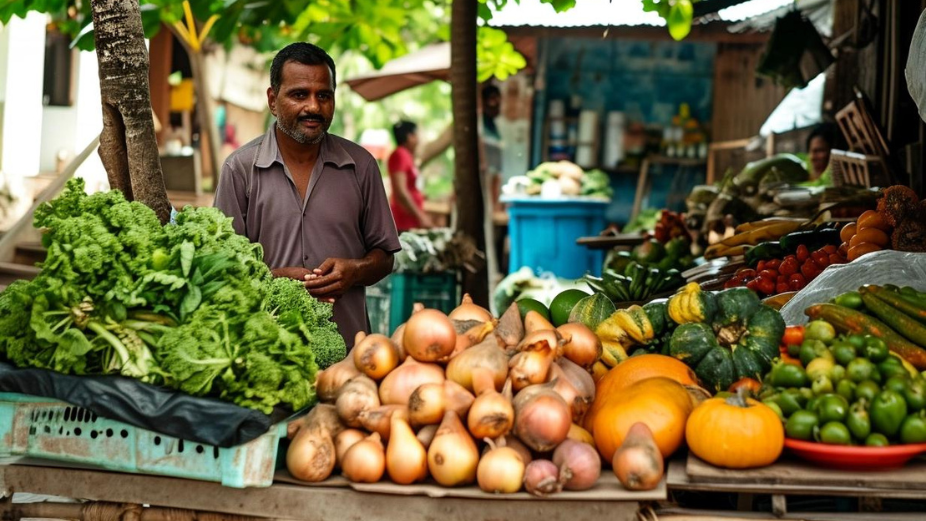The Ministry of Agriculture and Animal Welfare has provided clarification on its approach to reducing the prices of locally produced fruits and vegetables during Ramadan. Contrary to concerns raised after an initial announcement, the Ministry confirmed that the price reduction would not be achieved through imposing price control measures.
State Minister Hussain Ismail, in his explanation to the media, stated, “We are not saying that a certain type of vegetable or fruit must be sold at a certain price. We will not implement price control measures against produce.” The Ministry’s strategy focuses on assisting agricultural workers in increasing production and facilitating the transportation of produce to market more efficiently.
The decision comes in response to the traditional increase in demand for locally grown produce during Ramadan, which often surpasses supply. The Ministry aims to address this imbalance by aiding farmers in bringing their produce to markets more conveniently. One of the significant challenges identified by Ismail is the high fees charged by intermediaries involved in transporting the produce from farms to markets. The Ministry is exploring ways to simplify this process for farmers.
Ismail elaborated on the plan, saying, “For example, the transport cost involved in farmers selling their produce. Cost of the boat trip, the pick-up…what we are aiming to do is find solutions for the challenges farmers face, and to find a way in which the produce can be directly placed on sale in markets.” This approach is expected to benefit both consumers and farmers by reducing prices and improving the farmers’ profit margins.
Additionally, the Ministry is conducting studies, in collaboration with the Local Government Ministry, to ascertain the average consumption of produce in Maldives during Ramadan. This study is expected to be completed within the next couple of weeks and will provide valuable insights into market demand and supply dynamics.
Historically, the prices of local products in the market have significantly increased each year during Ramadan. Businessmen attribute this trend to the farmers’ inability to meet demand, while farmers point to transportation challenges as a major contributing factor. The Ministry’s intervention aims to address these issues, promoting a more balanced and efficient market for locally-produced fruits and vegetables.



















